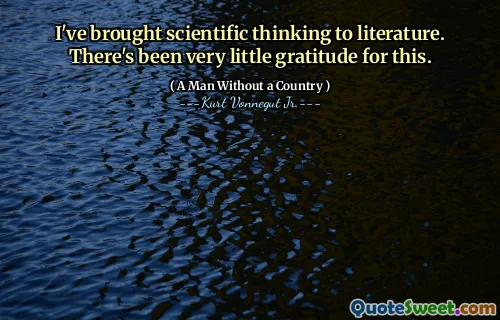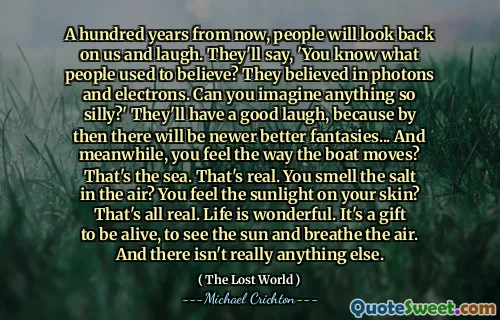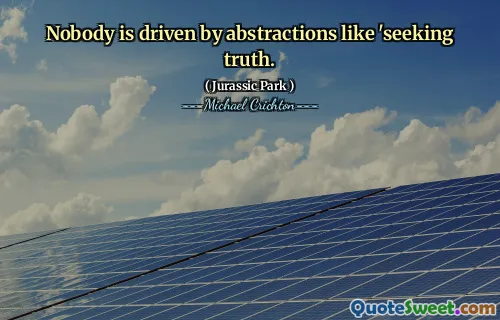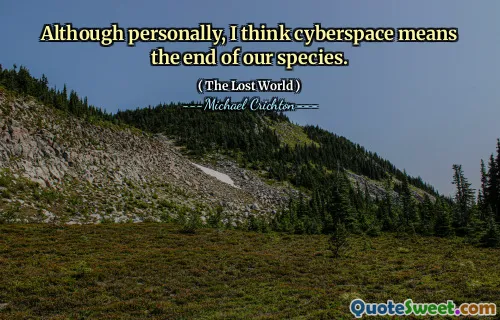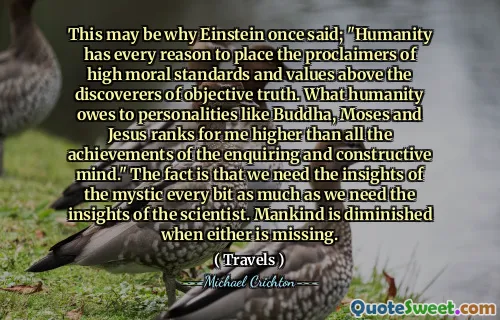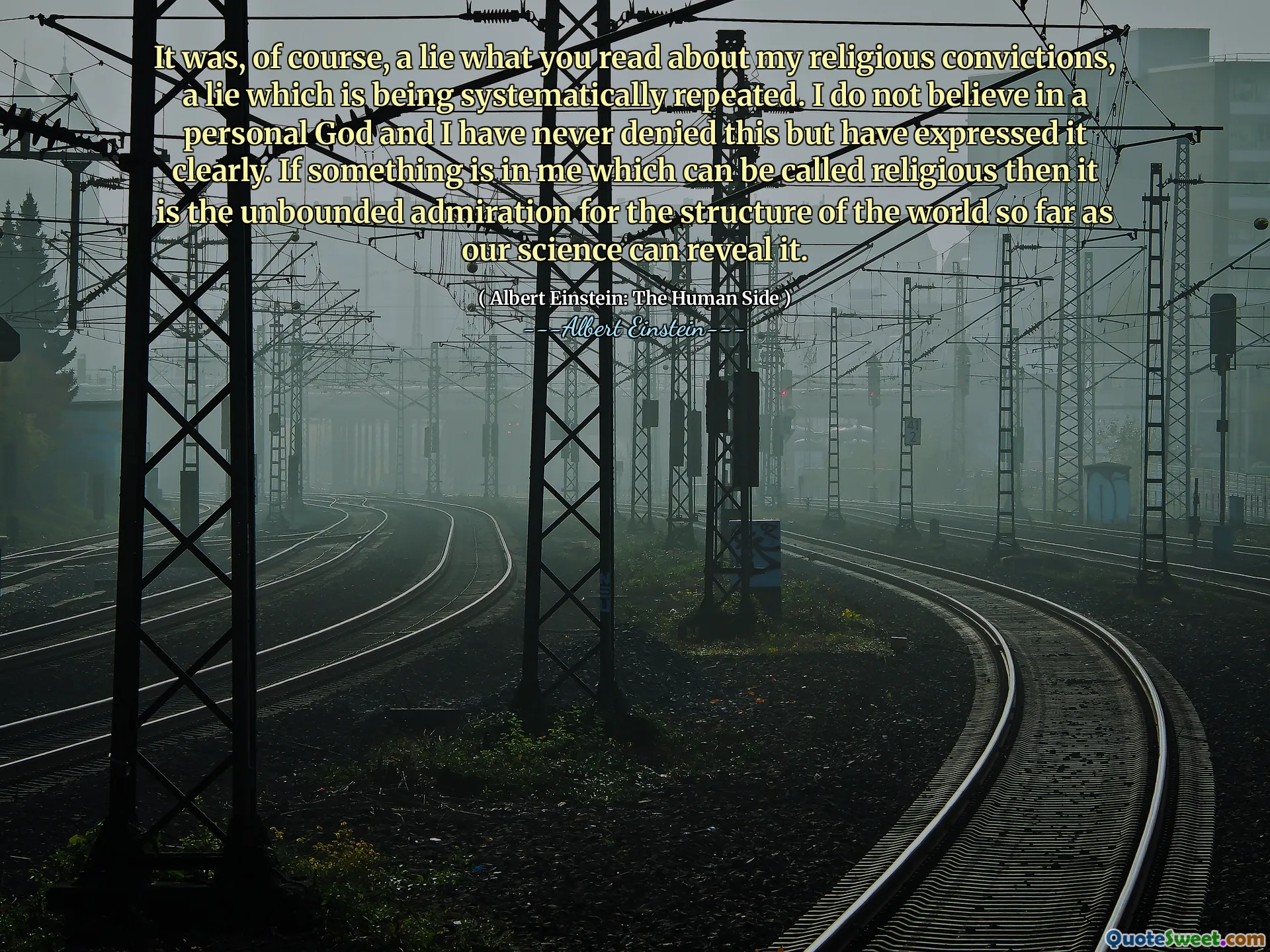
It was, of course, a lie what you read about my religious convictions, a lie which is being systematically repeated. I do not believe in a personal God and I have never denied this but have expressed it clearly. If something is in me which can be called religious then it is the unbounded admiration for the structure of the world so far as our science can reveal it.
This quote by Albert Einstein reflects his profound appreciation for the universe's intricate and elegant design, devoid of traditional religious beliefs. Einstein emphasizes that his sense of wonder does not stem from the idea of a personal deity but from a deep admiration for the cosmos itself. In a world where religious narratives often conflict with scientific understanding, Einstein’s stance offers a harmonious perspective that celebrates the awe-inspiring complexity of nature through scientific inquiry. His clarification serves as a reminder that the feeling of reverence and humility before the universe can be wholly compatible with a scientific worldview, challenging the misconception that spirituality is inherently tied to belief in a deity.
Einstein’s articulation encourages us to consider that the very act of understanding the natural laws — how stars form, how matter interacts, and how the universe operates on both macro and micro scales — can evoke a sense of the divine or the sacred, even without a personal God. It provokes deeper reflection on the nature of spirituality and the sources from which we derive a sense of purpose, awe, and connection. The distinction he makes between religious feelings and organized religion underscores an important nuance: that admiration for the natural world's structure can occupy the same emotional landscape traditionally associated with faith.
In contemporary discussions about science and religion, Einstein’s words remain particularly relevant. They serve as an eloquent testament to the idea that wonder and reverence do not need to be rooted in dogma but can be fueled by curiosity, rationality, and an unyielding desire to understand the universe. This perspective possibly offers a more inclusive, open-ended vision of spirituality that aligns with the scientific spirit of exploration.
By adopting this view, individuals might find a sense of purpose and moral grounding not in divine command, but in the pursuit of knowledge and the appreciation of the natural world's grandeur, ultimately fostering a worldview that bridges rationality and reverence.

